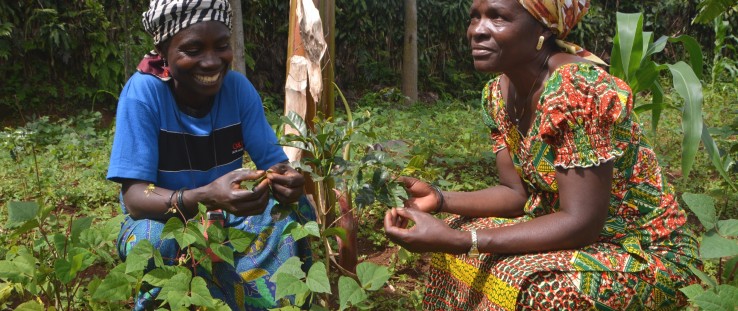 Jeannine Balagizi, left, and fellow farmer Beatrice Cibalonza M’Nyabahara grow beans among their coffee trees.
Patrick Smith, USAID
Jeannine Balagizi, left, and fellow farmer Beatrice Cibalonza M’Nyabahara grow beans among their coffee trees.
Patrick Smith, USAID
 Jeannine Balagizi, left, and fellow farmer Beatrice Cibalonza M’Nyabahara grow beans among their coffee trees.
Patrick Smith, USAID
Jeannine Balagizi, left, and fellow farmer Beatrice Cibalonza M’Nyabahara grow beans among their coffee trees.
Patrick Smith, USAID
Speeches Shim
BUKAVU, Democratic Republic of the Congo—Jeannine Balagizi is the mother of seven children, about average for a woman in South Kivu province in the Democratic Republic of the Congo (DRC). She is also a passionate grower of high-quality Arabica coffee, less common in an area better known in recent decades for its armed conflict than its coffee fields.
Coffee, however, is gaining ground. On March 22, the American giant Starbucks launched its first single-origin specialty coffee from South Kivu in 1,500 stores across North America and online. This coffee was grown and processed by Balagizi and 4,500 other small-scale farmers whose cooperatives are breathing new life into the DRC’s coffee sector with the help of a four-year project funded by USAID and the Howard G. Buffett Foundation.
As the president of a women’s cooperative of coffee farmers, Balagizi has clear eyes, a grave face and an air of gentle assurance. She described the changes she has seen in the first three years of the Kivu Specialty Coffee project. Known locally as Kahawa Bora Ya Kivu, it is implemented by Catholic Relief Services, Eastern Congo Initiative and World Coffee Research.
Before the project began, long-time farmers like her already knew how to produce coffee, Balagizi said.
“The problem was how to sell it,” she said matter-of-factly.
Selling wasn’t always a problem for the DRC. Coffee trees first came to South Kivu in the 1940s during Belgian colonial rule. Arabica varieties of coffee, considered high in quality and value, grew well on the lush hills around the serenely beautiful Lake Kivu. Robusta varieties, considered lower in quality and value, thrived at lower elevations in the interior of the province. Coffee became a top national export and remained so after the country’s independence in 1960.
But exports declined under former President Mobuto Sese Seko, who, during the course of his 30-year rule, raised export duties, let infrastructure decay and seized private agricultural land under the guise of a nationalistic movement.
In the 1990s, the situation worsened. As Mobutu clung to power, an armed conflict between eastern DRC and its neighbors Rwanda and Burundi forced many farmers to flee. A fungal disease called coffee wilt ravaged the coffee trees in the region. And a precipitous drop in global coffee prices made it even harder for South Kivu farmers to survive. Many turned to other work.
Fields languished and yields dropped. Those farmers who persevered made their way to Rwanda to illegally export their coffee—the only market they knew—crossing Lake Kivu at night to avoid detection. It was a treacherous journey.
In recent years, an increasing number of international players, including USAID, have recognized the potential in the DRC’s coffee sector.
“This region is well-positioned to provide high-quality coffee sought in specialty markets,” said Bizima Domitien, a project consultant for Kivu Specialty Coffee, pointing to factors like the climate, altitude and rainfall, which affect the quality of coffee grown in the area.
Through the Kivu Specialty Coffee project, as farmers learn new and improved growing techniques, they are producing not just better quality coffee but more of it. They learn that, like any other fruit, coffee cherries must be picked at the right time to assure the best flavor. These kinds of practices separate low-value coffee from high-value specialty coffee, bringing in a better price in the international market.
Farmers also learn improved techniques to wash and mill the cherries to extract the beans. The project has built three washing stations where the pulp from coffee cherries is removed and the seeds are dried and sorted before sale, mostly by women farmers employed by their own cooperatives.
Cooperative leaders have developed their business skills and negotiated better access to credit. A pre-harvest financing agreement reached with Westrock Coffee means that farmers are paid up front for their cherries at the time of harvest, allowing them to further develop their growing and processing capabilities and increase the value of their product.
The project also helped construct a coffee-tasting laboratory in Bukavu, the first facility of its kind in South Kivu. Under the management of the Congolese National Coffee Office, the laboratory will allow government regulators to certify coffee quality before shipping and provide additional training to coffee farmers. Government staff and coffee farmers learn standard international techniques for cupping coffee to determine its quality, a skill similar to wine-tasting that is vital to the relaunch of the coffee sector in the country.
“In the past, in order to conduct quality control of our coffee, we had to go to labs in Rwanda and Burundi. It was expensive for our cooperatives,” said Steven Kanane, a coffee grower representative. “Now, we don’t need to travel abroad for quality control.”
In 2015, in fact, South Kivu coffee cooperatives received high rankings at the first international coffee cupping competition held in the DRC. They sold a total of five shipping containers of fully washed coffee beans to U.S. coffee retailers Starbucks, Counter Culture Coffee, Sweet Maria’s and other buyers. The beans are being packaged as single-origin Congolese coffee.
As sales to international buyers grow, a second international coffee cupping competition is scheduled for May 2016. South Kivu coffee now sells for three times what farmers could charge locally. As a result, farmers’ incomes from coffee have tripled.
Constantin Kasikagwe Mukuba, a coffee farmer who used to risk his life crossing Lake Kivu to sell coffee, says he now has everything he needs right at home. His improved agricultural knowledge increased his coffee yield from 30 to 250 kilograms in the last season. With the extra income, he built a new house.
At the same time, with the help of women farmers like Balagizi, the project is working to change ingrained cultural attitudes about coffee as a man’s crop.
About 29 percent of the farmer cooperative members in the Kivu Specialty Coffee project are women. A gender analysis conducted in 2014 found that, while women did most of the coffee production work, they received little of the income from coffee sales. This is because the men of the household usually negotiated the sales, while women who sold their own coffee often worried about receiving lower prices.
It’s a problem the government recognizes. “The coffee sector will be profitable and sustainable only if women are paid justly for their work,” said Tony Saiba, the deputy director of the National Coffee Office.
Each farmer cooperative has developed a plan to promote women’s leadership and control over household coffee revenue. Cooperatives are employing more female members to perform careful tasks like sorting coffee cherries after washing, supplementing the income they earn from selling coffee cherries. Village savings and loans associations set up for women farmers by USAID are improving their access to capital so they can finance other small commercial activities.
“We are very happy to see the change from before,” Balagizi said. “Coffee cultivation is helping our children go to school. I want you to tell people we are happy about that.”
With additional reporting by Alain Mukeba and Patrick Smith of USAID, and Yves Zihindula of the U.S. Department of State.

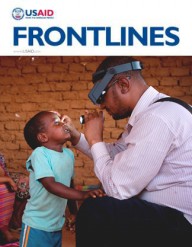

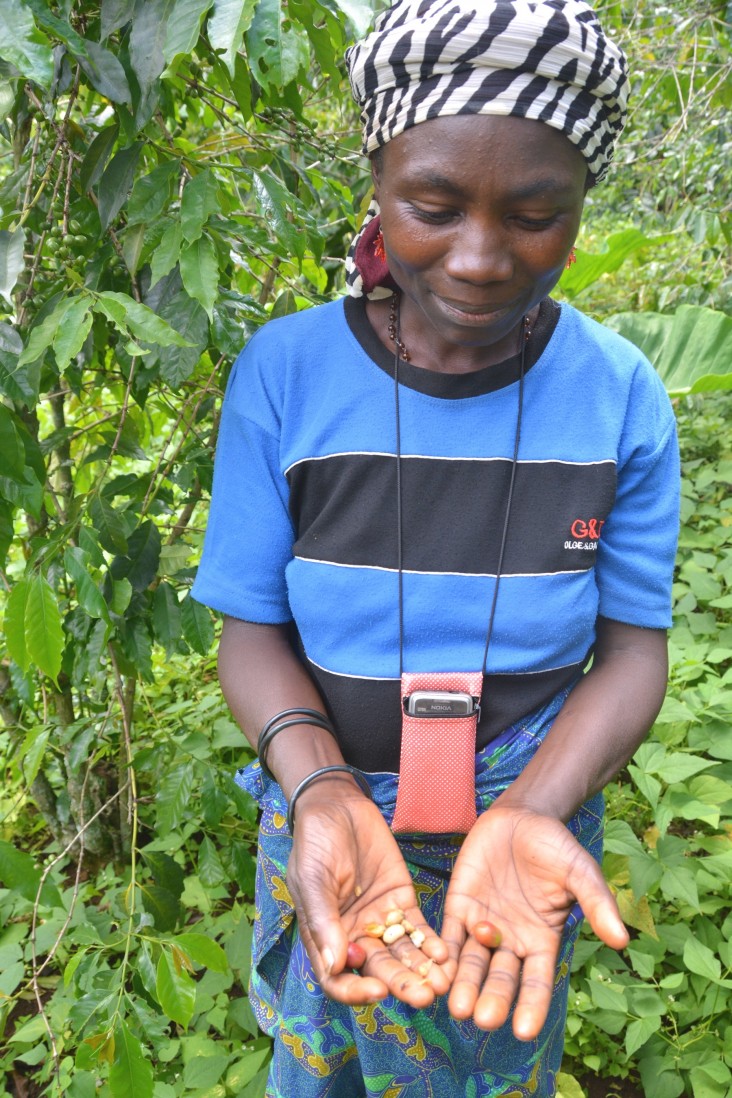
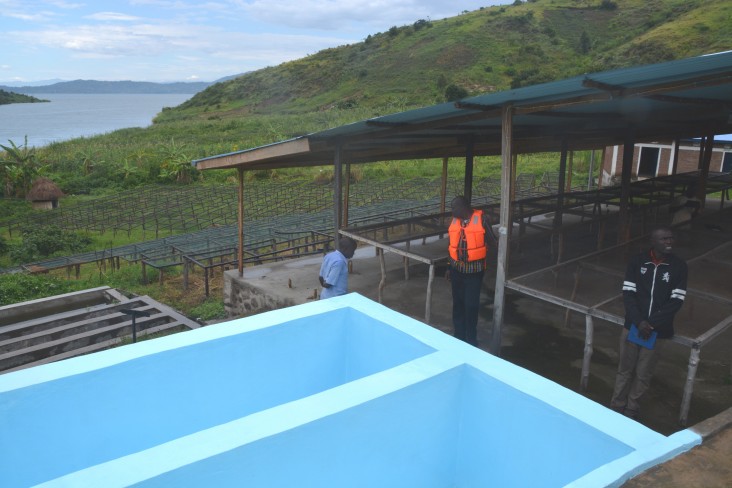
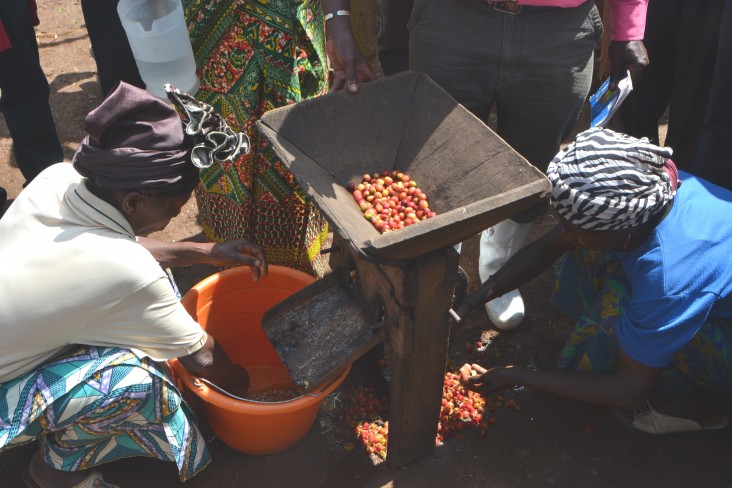
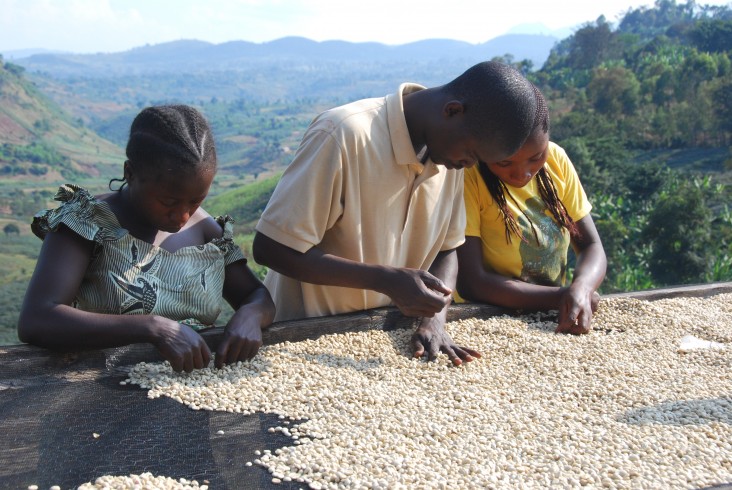
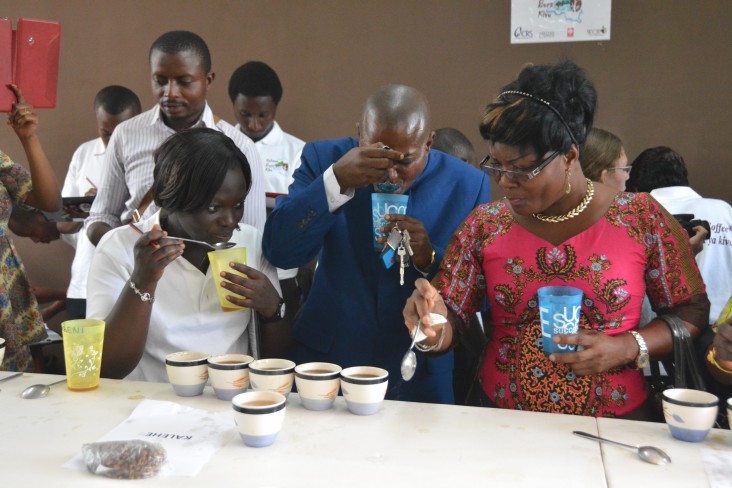
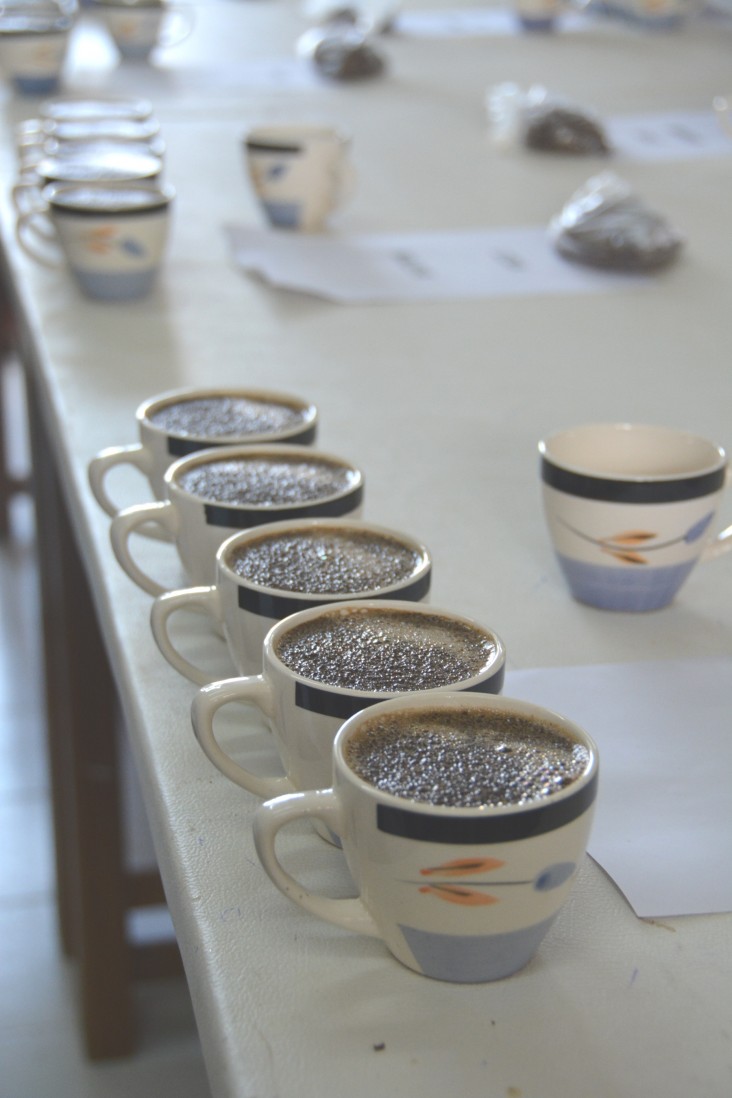
Comment
Make a general inquiry or suggest an improvement.